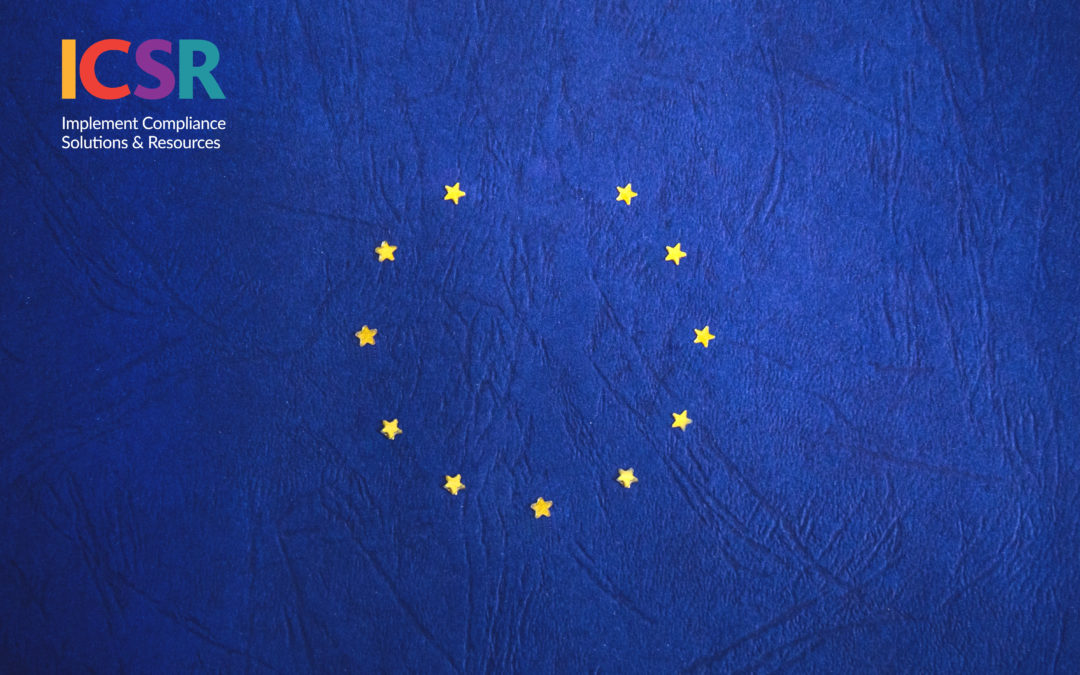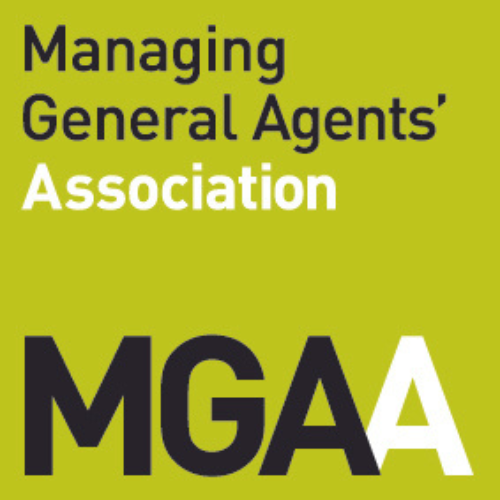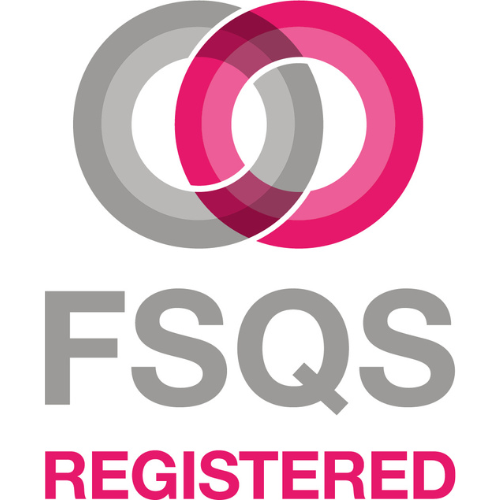The UK Treasury released draft legislation earlier this week designed to provide some certainty amid all the uncertainty. The draft legislation will permit EEA firms to continue to trade in the UK after the Brexit Date in March next year even if no deal has been done with the EU.
The legislation will have a threefold benefit in that it will bring some needed short term certainty to UK businesses and individuals who are insured by EEA firms currently using the passporting system, bring much-needed relief to the PRA and FCA who are likely to be inundated with authorisation applications by EEA firms and provide some medium term certainty for EEA firms using the passporting system and who wish to continue to utilise its benefits and then ultimately trade in the UK as an authorised firm.
The UK proposal is however not reciprocated by any similar arrangement at this point in time by any of the EEA countries leaving UK firms to effectively fend for themselves in the EEA potentially from March next year if no transition agreement is finalised and ratified.
The legislation is in draft at this point and there are some intended changes being considered before the legislation will be introduced to Parliament to be approved but these changes are unlikely to impact the key features. For EEA firms to be able to utilise the benefit of the proposals they will need to:
- Already have their passporting rights in place before March next year; and
- Have applied to the FCA and/or PRA for authorisation or have given formal notice to the FCA and/or PRA that they do intend to apply for authorisation.
By following these steps, the EEA firm will then be permitted to continue to trade in the UK as they currently are while applying for authorisation to the PRA and/or FCA. There is a time limitation equal to the UK/EU negotiated transition period which will apply even if that agreement is not ratified but the UK regulators will have the ability to extend that period if necessary. These regulators will also have a degree of leeway to permit the EEA firms reasonable time to develop their internal arrangements including governance, risk and compliance controls up to the standards required by the relevant UK regulator if they are not already at that standard.
The following are therefore important considerations for EEA firms with passporting rights who wish to benefit from the legislation:
- Now is the time to consider whether the business they have in the UK is worth continuing after March next year. If so:
- Do they want to set up a subsidiary in the UK or continue operating as a branch? This requires a detailed analysis of the costs, benefits and efficiencies of the alternatives.
- Alternatively, they may be able to enter into an arrangement with a UK insurer to underwrite the UK business with a reinsurance arrangement to the EEA firm, so they do not lose all the benefit of their UK based business.
- If neither of these alternatives appeal, how would the EEA firm propose to dispose of the UK business if there is value in doing so?
- If the answer to the first consideration is that the EEA firm does wish to continue trading in the UK do they have all the passporting rights they will want over the next few years? If it is the case that they have plans to develop the business and products they are offering in the UK over the next few years EEA firms need to ensure they have the appropriate passporting rights before March next year. This means that those EEA firms should look now at their strategic plans and if they are proposing to develop further products they should take steps to apply for the appropriate passporting rights though their Home State regulators now.
- Depending on the nature and scale of the business the EEA firm is transacting there will need to be an application made to the PRA and/or FCA for authorisation or at a minimum a formal notice must be provided to the UK regulator(s) of an intention to make such as application. Applications for authorisation are detailed and can take significant time to prepare. The EEA firm will be required after March next year to progress both their application and the development of their business to comply with UK regulatory requirements. This includes the governance, risk and compliance frameworks required. Details of these will need to be set out in the application.
- The EEA firm will also need to identify in their application how they propose to comply with the UK SMCR regime which means where possible identifying the individuals who will be responsible for the business and making the applications for individual authorisation for those individuals. At a minimum the key individuals will need to be identified.
There is work to be done by EEA firms with little time remaining to consider the options, make the decisions required and commence implementation.
ICSR is helping the management of number of EEA firms with their decision-making processes and subsequent applications where appropriate. In some cases where these steps have been taken we are also helping firms to implement their new governance, risk and compliance frameworks. If you would like to talk to us about how we can help, please contact Kenneth Underhill or Jason Jones.








